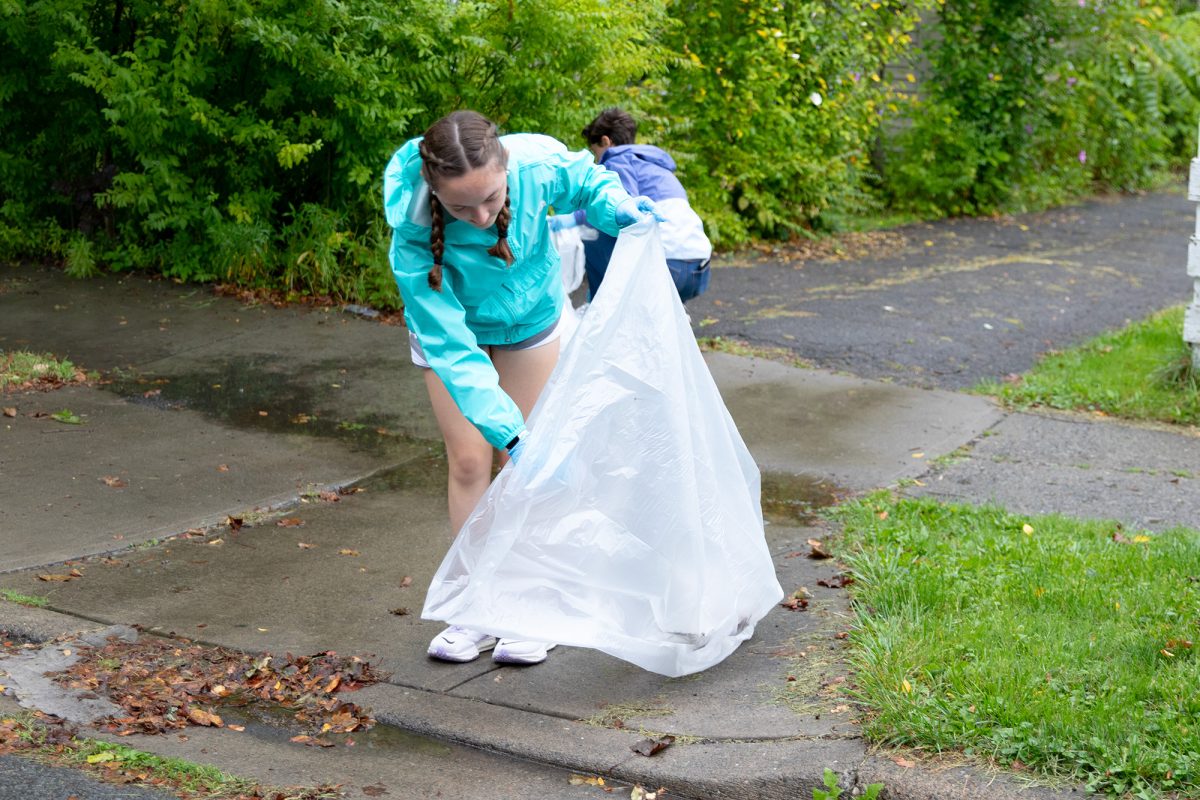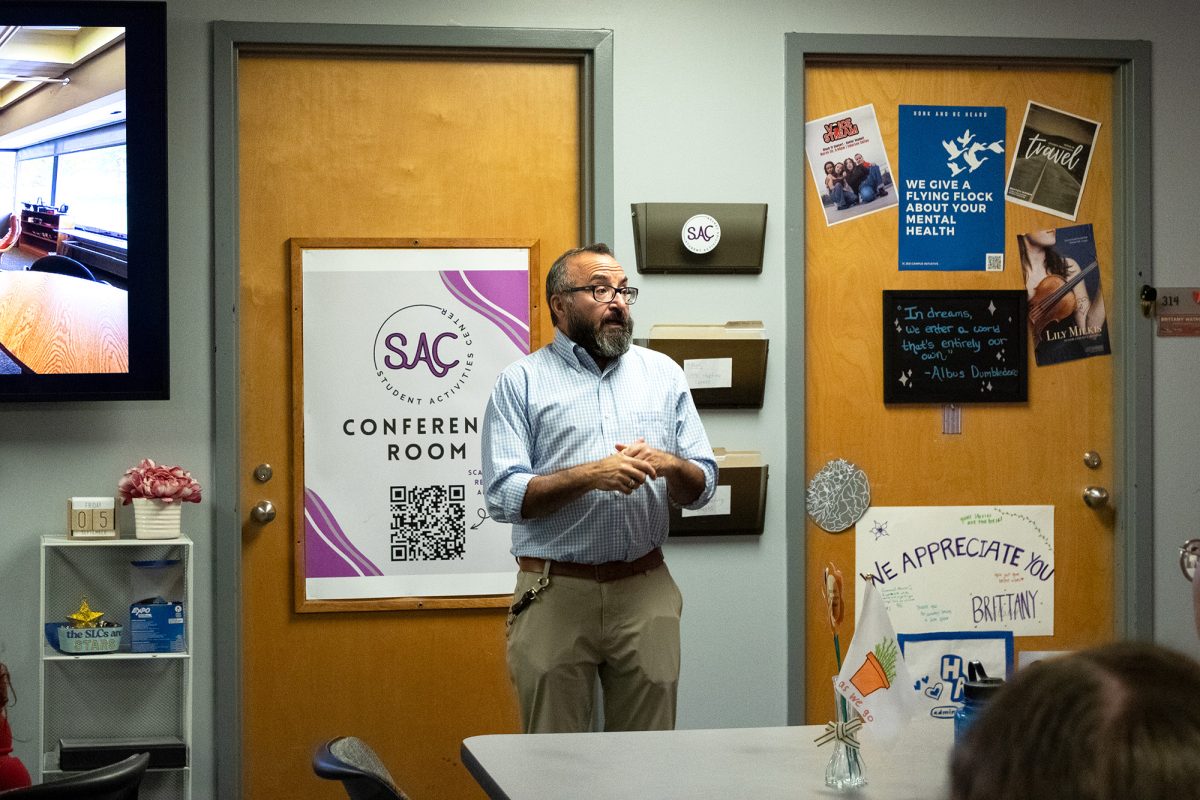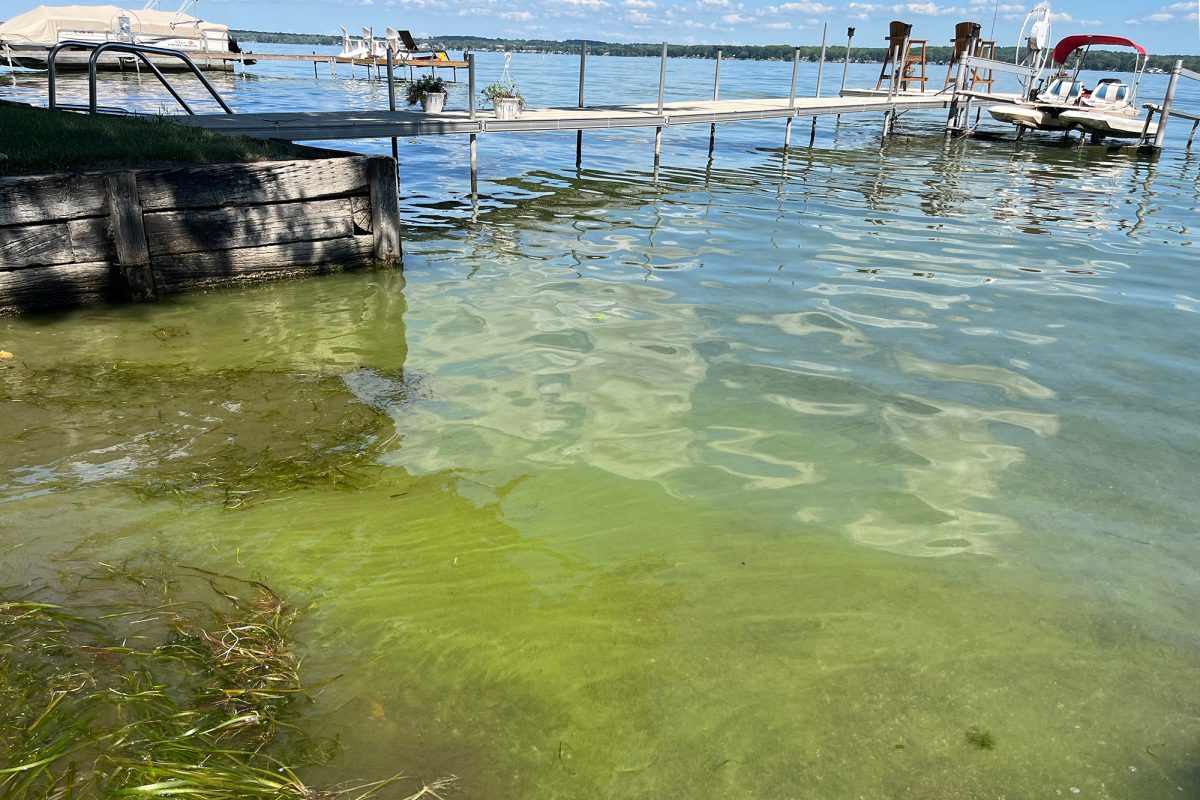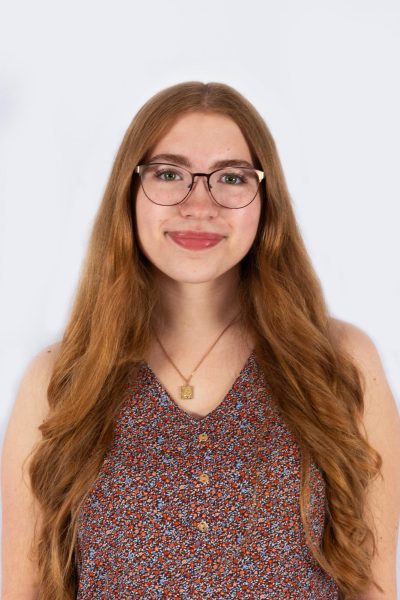Senior Ye Hang Yeo — a documentary studies and production, and world languages and cultures double major — won the Influential Leader/CEO in Sustainability Award at the Asia Pacific CEO Sustainability Awards in Kuala Lumpur, Malaysia, in Summer 2025. He received the award for submitting a documentary he co-produced and filmed about a group of elderly women in Cape Cod, Massachusetts, who pick up garbage in local ponds.
The award recognizes Yeo for his leadership in creating a more sustainable future. Tunku Mohamed Alauddin Tunku Naquiyuddin, a Negeri Sembilan royal, presented the award to Yeo. Yeo worked with students in his Ithaca College Documentary Workshop class to produce and film the documentary. He said he traveled to Malaysia to attend the ceremony and present the documentary on behalf of his group to leaders in the sustainability field.
News Editor Kaeleigh Banda spoke with Yeo about the process of creating the documentary and the impact of social sustainability amid cultural differences.
This interview has been edited for length and clarity.
Kaeleigh Banda: What is your winning documentary about?
Ye Hang Yeo: Our documentary is called “When I’m in the Water.” It’s about Old Ladies Against Underwater Garbage and they are quite literally old ladies against underwater garbage. … They dive for garbage in the ponds of Cape Cod. … They actually have a lot of media attention already, such as “The Boston Globe.” That’s how we found them. … Other coverage focuses on the novelty of old ladies diving for garbage and the environmental sustainability. And then we interviewed them and we realized that the story is not in what they were doing, it’s in who they are as people. So we took a different approach to talking about these people … instead of focusing on environmental sustainability, we focus on social sustainability. We found out that it’s very possible to find purpose and community in old age. So that’s essentially what the film’s actually about.
KB: What inspired the creation of the documentary?
YHY: So my groupmate [Olivia Wood ’25] actually found an article about them in “The Boston Globe.” She is from Cape Cod, so it is a story that’s close to her, both in heart and home. They’re regarded as local heroes. We decided to stick with this story because the initial interview with two members of the group was very promising.
KB: What impact, if any, did taking the Documentary Workshop class have on your creation of the documentary?
YHY: John Scott [associate professor in the Department of Media Arts, Sciences, and Studies] is a magician in the sense that he really harnesses what we learn in these different fields and refines it. He allows us to employ our journalism abilities and translate that into a cinematic form. … He would ask us, “So what do you want to work on today? Do you feel that you’re confident enough with the camera? Do you feel confident enough with the lighting?” He has a set plan for us, but is very flexible depending on what we need.
KB: What did the production process look like for this documentary?
YHY: The production process started last year at the beginning of the academic semester. … We finished in December, so it lasted the whole semester. In terms of actually filming in Cape Cod, we did everything in one weekend.
KB: Can you explain more about the sustainability aspect and how you discovered that it was more than environmental sustainability?
YHY: As we interviewed [Old Ladies Against Underwater Garbage], the founders and the members we talked to — some of them are widows, some of them have breast cancer — we realized they don’t really talk about collecting the garbage. The founder of OLAUG, as we call them, said, “I don’t take a great deal of joy from taking the garbage out of the pods. For me, it’s the effect I’m having on these women.” So that line in itself basically sums up our entire documentary. It’s not about the garbage; it’s about how they find community purpose and support in old age. There are many cases of elderly loneliness and depression, so this turned from environmental sustainability into social sustainability.
KB: What is your personal biggest takeaway from working on this project and receiving the award?
YHY: Nearing the end of the project, I started reflecting on my own international experience. I am an international student from Singapore. In East Asia, we have a very different value and cultural belief system about the elderly. Unfortunately, here in the West, most people are evaluated based on how productive they can be for society. And once their productivity runs out, they’re kind of thrown to the side. But in Asia, for better or for worse, the elderly are hailed as bastions of wisdom. … And that’s a great thing, but also a bad thing, because that also means that some of the elderly just treat the younger generations as an insurance policy. … So I wanted to kind of mix and match a bit of the east and west through this documentary. I wanted to show that just because they’re no longer productive according to society standards doesn’t mean they’re not productive for our world.
KB: What do you hope viewers of your documentary take away about both social and environmental sustainability?
YHY: During sustainability week last semester, I asked the audience, “What comes to your mind when you see the word sustainability?” Usually trees, oceans or nature. But I hope after watching our documentary, it could give you a different angle on what the word sustainability entails, and that sustainability is not just a box to tick or check off, but rather it’s a way of life.









